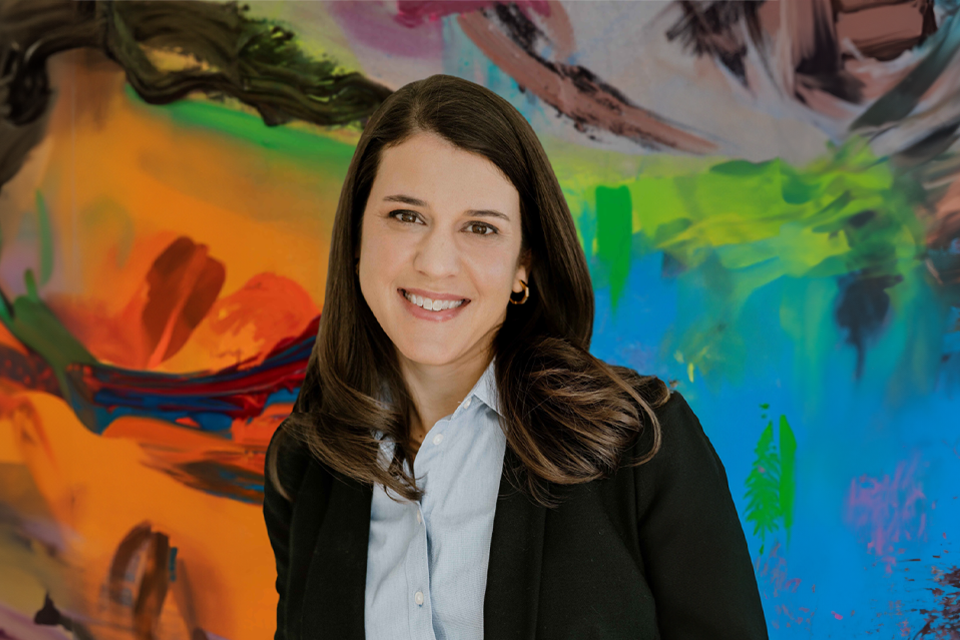As 2023 came to a close and winter set in, 92,824 people, including 33,365 children, were sleeping in New York City’s main municipal shelter system each night. Almost at historical highs, those numbers evince a crisis that Laura Brancato is working to address as a member of the New York State Bar Association (NYSBA) Task Force on Homelessness and the Law.
Examining the ways in which homelessness is affected by the criminal justice and healthcare systems—and with a focus on legal and policy considerations in New York State—the Task Force explores how federal, state, and local governments can take concrete steps to reduce the number of individuals experiencing homelessness and to improve the lives of individuals who continue to experience homelessness. It’s a mission that resonates for Brancato, who is a partner at Meltzer, Lippe, Goldstein & Breitstone, LLP and chairs the firm’s guardianship and elder law litigation practice group.
“I have a passion for legal work that defends the most vulnerable,” says Brancato. “Whether I’m helping elderly clients who suffer with dementia, developmentally disabled children, or adults living with serious mental health challenges, my practice requires strong advocacy skills to improve client outcomes. I’m using those same skills to problem solve the severe issues New York faces with its homelessness crisis.”
Brancato built her advocacy skills as a student at St. John’s Law, where she was drawn to criminal law classes and clinic opportunities. She continued to hone them after graduation, when she served the people of New York as an Assistant District Attorney in the Bronx. Moving from the public sector to private practice, Brancato found other ways to give back to her community through the NYSBA. “Prior to my appointment to the Homelessness Task Force, I worked on a task force related to mental illness,” she explains. My longer-term work with NYSBA focuses on elder law and special needs practice, which, like mental health, is inextricably linked to many of the issues the Homelessness Task Force is addressing.”
With insights gained from her law practice and volunteer work, Brancato sees that New York’s homelessness crisis involves an interplay of systemic issues, including those related to affordable housing, poverty, mental health and addiction, domestic abuse, COVID-19 policy, and an influx of newcomers seeking asylum. Still, she sees avenues for change. “There are many ways to more effectively tackle this crisis,” she says. “It boils down to the efficient flow of resources from the state government to the populations who are most affected. We need strong advocacy that seeks to implement common sense change to turn things around.”
As she devotes her time and talents as an advocate, Brancato feels honored to be giving back to her community. “Using my litigation skills and prior work experience to collaborate on serious societal challenges is a passion project for me and, most days, it doesn’t feel like work,” she shares. “Ultimately, I believe our approach to the most vulnerable defines our values as a society, so it’s very meaningful to me to be able to practice law in this forum. I’m forever grateful to St. John’s Law and to the many people who have shaped that desire along my career path, and I look forward to being of service for many years ahead.”

